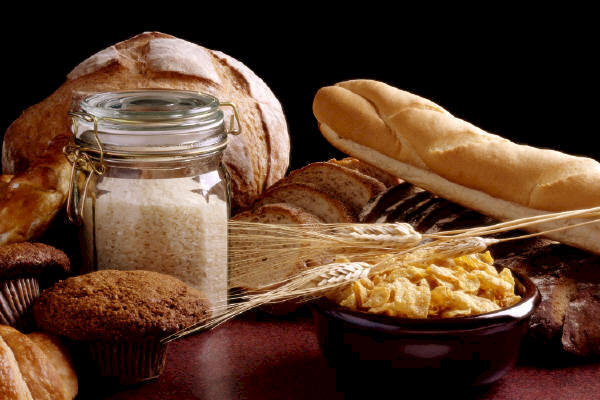What is carbohydrate sensitivity?
Carbohydrate sensitivity, (also known as metabolic syndrome or insulin resistance) is a condition affecting more people than it has previously thought to have. The condition arises in many as a direct result of a diet too high in carbohydrates.
Trying to understand carbohydrate sensitivity from the outside can seem pretty difficult. After all, don’t we need carbohydrates to survive?
Yes. We do, but we don’t need much. In fact, you could probably halve your daily intake of carbohydrates and function normally, if not better.
The reason lies in human’s inherently low need for carbohydrates in our diets. When we don’t have carbohydrates available through food to provide us with glucose, we adapt and “revert” to our default mode of ketosis.
This state of fat to energy conversion is totally natural, and has many health benefits to it other than the obvious weight loss which occurs when a person cultivates an environment in which it occurs.
Heres a great video from Tim Noakes on carbohydrates
How does carbohydrate sensitivity play a role?
Carbohydrate sensitivity is better thought of as something which is stimulated or caused by carbohydrate ingestion. Some people are affected more than others, but everyone could benefit by decreasing their carbohydrate intake.
A good way of working out if you are carbohydrate sensitive is to run through the following list:
- Do you find that you put on weight continuously?
- Are your moods governed by your meals?
- Do you find that exercise is hard and you sometimes feel dizzy after a hard session?
- Do you have “high” cholesterol?
- Are you drowsy after meals?
- Do you get bloated after meals?
These are some of the symptoms which are easy to identify. Others include skin conditions and gluten sensitivity. They are related to one another.
Tim Noakes is an avid proponent of a diet low in carbohydrates. He himself has to eat a very low carbohydrate diet to keep his diabetes in check. Having said that, diabetes, if caught early enough can be cured through a low carbohydrate diet.
The best way for you to establish whether or not you are carbohydrate sensitive is to begin reducing your carbohydrate intake. Try to aim for between 50-150 grams of carbohydrates per day. Everyone is unique in their relationship with nutrition, and so some people will not handle low very low (20-70 grams per day) carbohydrate intake levels as well as others.
If you would like to learn more about how a low carbohydrate diet beats off carbohydrate sensitivity and actually improves insulin sensitivity and insulin levels in the body, then signup for a free course on how to to apply the paleo diet to your life, starting today.



